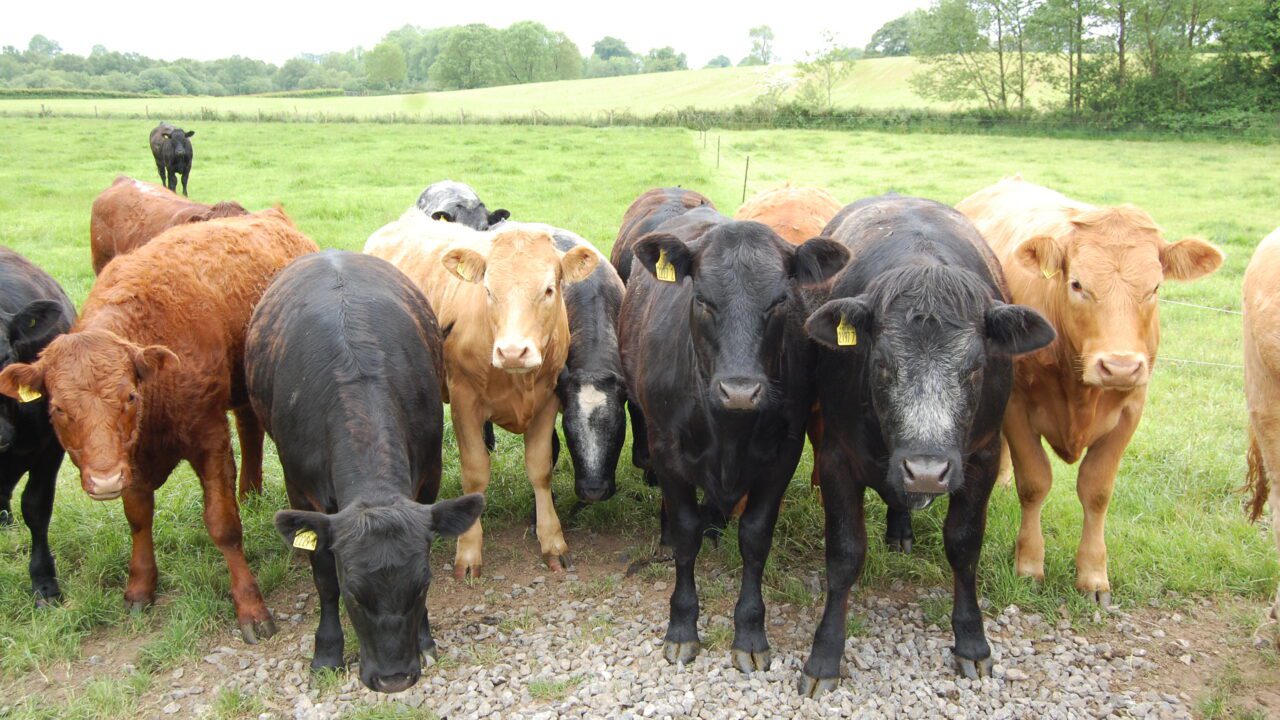As soon as Theresa May gets the bones of a Brexit deal across the line with her ministerial colleagues, then Government must act to flesh out the farm support measures that will be available across the UK post-2019.
No other industry is as dependent on the current EU’s influence across the UK as is the case with farming and food. Moreover, farmers – for the most part – operate within production cycles that are up to four years in length.
For example, it will take a minimum of three years for a dairy heifer calf conceived now to enter her own milking group. And, on many farms, this period could be stretched out to a full four years.
In the meantime, the UK is set to leave the EU on March 29. Given this backdrop, the need to provide future certainty for farmers now is obvious.
There is little doubt that the Basic Payment System of support, as we know it today, will fall by the wayside once London takes over policy regulation.
But the one priority that must not be overlooked is the actual level of financial support that must be made available to agriculture, so as to keep the industry on a sustainable footing.
Currently, the vast bulk of the profits generated by beef and sheep farmers are accounted for by the direct payments made available from Brussels.
There is no certainty at all concerning the future of food commodity prices in the UK, once we leave the EU – they could go up. But equally, they could move in the opposite direction.
This is why it is so important for farm funding levels to be, at least, maintained at current levels, once Brexit becomes reality.
There is also a need for Whitehall to recognise the fundamental importance of family farms in regions like Northern Ireland.
The other reality that must be recognised is the fact that production agriculture underpins a food processing industry that pumps billions of pounds into the economy while also employing many thousands of people.
As the old saying goes, a house is only as good as the foundation upon which it is built.
In my opinion, the UK government has taken far too long on settling its Brexit policy objectives. But now that the matter looks like coming to a head, the clear need to settle on long-term policy objectives for agriculture become very obvious.

